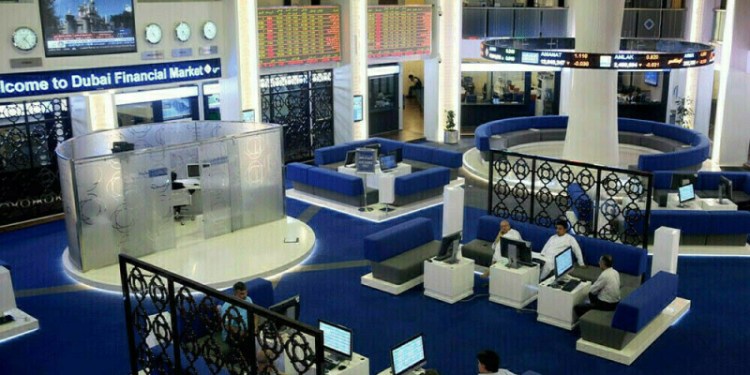By Gavin Jones
ROME (Reuters) – A low, “flat tax” rate for individuals and businesses alike can invigorate Italy’s economy, reduce tax evasion and strengthen public finances, a close ally of Silvio Berlusconi and possible future economy minister told Reuters.
Renato Brunetta, leader of Berlusconi’s Forza Italia (Go Italy!) party in the lower house of parliament, said a flat tax would be the centre-piece of the campaign by the center-right alliance, which is expected to win the most seats in a March 4 election.
“It will be an epoch-making, revolutionary reform and our decisive weapon in the election campaign,” said Brunetta, a former economics professor at Rome’s Tor Vergata University and one of Berlusconi’s closest collaborators for the last 20 years.
The center-right bloc made up of Forza Italia, the anti-immigrant Northern League and the far-right Brothers of Italy will win the election but probably fall short of a working majority, opinion polls suggest.
Brunetta is proposing a single income and corporate tax rate of about 23 percent. It would replace staggered income taxes going from 23 percent to 43 percent, the main corporate tax rate of 24 percent as well as unpopular regional taxes on business revenue of around 4 percent.
The former public administration minister said in an interview with Reuters that the tax measures would cost state coffers some 50 billion euros ($62.4 billion).
The Northern League wants the flat tax rate set at 15 percent, and the two parties have yet to settle on a compromise.
Numerous countries have experimented with a flat tax to stimulate growth. The Baltic states of Estonia, Latvia and Lithuania introduced the system in the mid-1990s and Russia followed suit several years later.
Italy has been the euro zone’s most sluggish economy since the start of monetary union in 1999. Gross domestic product grew around 1.5 percent last year, its strongest rate since 2010 but still weaker than most of Italy’s European partners.
Italy’s unemployment rates stands at 10.8 percent, two points above the euro zone average.
‘FULLY FUNDED’
Brunetta said the money to fund his proposal would come from scrapping a plethora of tax breaks and incentives for families and firms which he said amounted to 175 billion euros.
The flat tax is not the only costly proposal in the center-right’s election platform of tax cuts and extra spending which Roberto Perotti, an economist at Milan’s Bocconi University, estimated would cost up to 150 billion euros per year overall.
Other measures include increasing pensions and scrapping inheritance and capital gains tax, and road tax on most cars.
Brunetta said all the measures were fully funded, partly because the flat tax would generate a virtuous cycle in which people and companies would no longer feel the need to evade high taxes. He said this in turn would lead to companies investing, employment rising, higher economic growth and more tax revenue.
“It’s a win-win strategy where tax-payers, state coffers and the Italian economy all benefit,” said Brunetta.
The flat tax has been proposed by four-time prime minister Berlusconi ever since his first government in 1994, but he has never managed to enact it. Brunetta said previous attempts had made the mistake of trying to reform the tax system gradually, whereas what was needed was a “one-shot” approach.
The flat tax would be passed in the center-right’s first budget, he said, along with a pension overhaul to replace unpopular 2011 reforms that raised the retirement age and helped calm markets at the peak of the euro zone debt crisis.
That reform gradually raised the pension age for women to 65 in 2018 from 60 in 2011, bringing it more into line with the rules for men, and prescribed regular increases for both men and women thereafter, based on updated estimates of life expectancy.
The new “fully sustainable” system, would be based on the broad principle that people can retire when they want, and get a pension based entirely on the contributions they have paid in.
NO 5-STAR TALKS
Brunetta, 67, who is known for his combative personality and prodigious energy, made no secret of his ambition to be economy minister if the center-right bloc wins the election.
“I have seen plenty of worse ones and I think I have the political and academic qualifications required,” he said. “Of course everyone has their aspirations and it’s something we will all decide together.”
Brunetta made light of the frequent friction between Forza Italia, which presents itself as a moderate, pro-European force, and the Northern League, which wants an end to budget restraint and sees Italy eventually leaving the euro zone.
He said tensions were a “completely natural” result of the largely proportional electoral system which meant the parties were competing within the coalition as well as being allies.
Berlusconi, who is barred from public office following a 2013 tax fraud conviction, has not yet said who Forza Italia’s candidate for prime minister will be, and Brunetta said he was unlikely to do so before the election.
He said if the March 4 vote produced a hung parliament the most likely solution would be a rapid return to the polls.
He flatly rejected a call by the leader of the 5-Star Movement, which polls say is the most popular single party, for the other parties to back a 5-Star government based on jointly negotiated and agreed policies.
5-Star’s and Forza Italia’s election platforms have several points in common but Brunetta said the anti-establishment movement’s aggressive attacks on its mainstream rivals meant he would “not even sit down to talk” with them about policy.
“They are insulting, destructive, violent and anti-political,” he said.
Source: Investing.com

























